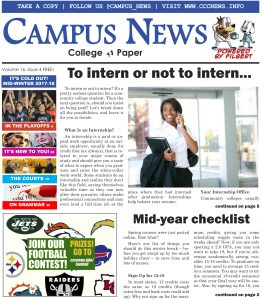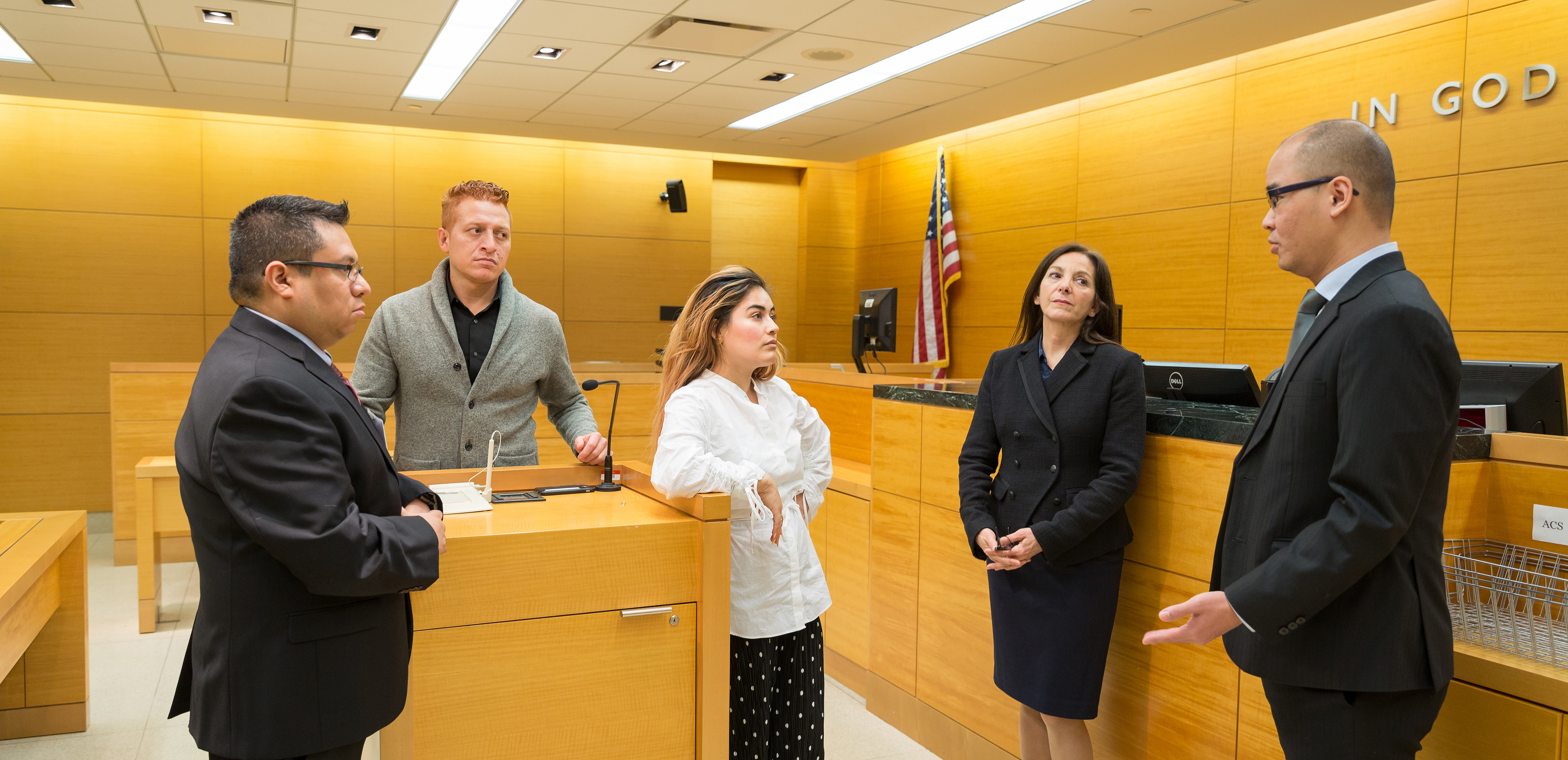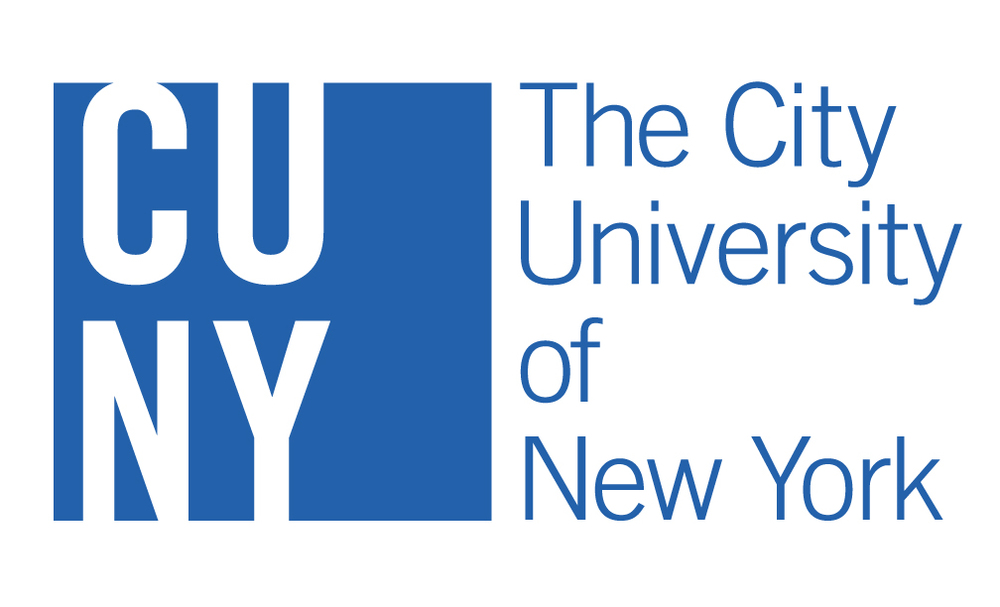With a growing demand for qualified language interpreters, New York’s state court system is teaming up with The City University of New York to launch an internship program to prepare multilingual college students for the state’s court-interpreter screening exams, the first step to attaining full- and part-time jobs as court interpreters.
A piloted internship program ran last spring with 42 students and received positive feedback from the interns. Past interns have said that the program and mentors were amazing. Student Maria Maldonado said, “I never knew this could be a career, and I love it.”
The program is particularly attractive to the students of schools such as LaGuardia Community College because the school has language interpretation and translation programs, and a diverse range of multilingual students.
Students at LaGuardia speak a wide range of languages including Spanish, Chinese, Korean, and Polish, as well as rarer languages such as Urdu, Nepali, and Thai. Rare languages are in especially high-demand for New York State courts.

The program officially launched this semester as the Unified Court System Intern Program in Court Interpreting, and has a total of 37 students from LaGuardia Community College, Hunter College, and John Jay College for Criminal Justice.
One reason that may help explain why the partnership was formed with CUNY is that “thirty-nine percent of CUNY students speak a native language other than English,” said Chancellor James B. Milliken. The students of CUNY make up an unbelievably diverse student body with a total of 174 languages spoken by students.
Chancellor Milliken goes on to say that “these internships offer an exciting way for our students to capitalize on their language skills and to benefit the city and state.”
The internship program offers 20- and 100-hour internships. The 20-hour internship is an introductory program while the 100-hour internship is a more comprehensive full-semester program. Students will have the opportunity to observe proceedings in Family, Civil, and Criminal Courts while learning about the role of a court interpreter.
The 20-hour internships have been especially popular with students from LaGuardia since it doesn’t require students to major in a specific language to participate. Undergraduates from all majors and school years can apply. The internship also only requires a high school diploma.
Both internships are expected to expand and attract more students next semester. The program will also expand to more campuses in the spring of 2018.
With two million New Yorkers who are not fluent in English and five million state residents that speak one or more of 150 languages other than English, there is high demand for court-interpreters.
Dr. Habiba Boumlik, who is an associate professor in the Department of Education and Language Acquisition at LaGuardia, says that the New York Court system has visited LaGuardia twice this semester to recruit students.
Professor Boumlik believes this is an excellent opportunity for students to market their knowledge of a second language and make a possible career out of their language skills. She adds that this internship will allow students to improve their oral and writing skills while learning the many aspects of the legal system.
The CUNY-court system partnership presents multilingual college students a chance to gain hands-on experience in a court setting, while serving as a gateway to a fulfilling career as an interpreter.
In addition to sharpening their language skills, interns learn legal terminology, theory, protocol, and the boundaries of a court interpreter. Interns may even shadow current court interpreters in ongoing cases and assist with interpreting in settings such as Help Centers and information windows.
Due to New York’s diverse culture with people coming from places all around the world, courts in New York provided interpreters in 119 languages in the last 12 months.
According to the New York’s court system 2017 “Ensuring Language Access: A Strategic Plan for the New York State Courts,” court interpreters are needed all over the state. There is high demand for interpreters in suburban and rural areas, where interpreters are far less available than in cities.
Court interpreters play a vital role in New York’s State courts. They ensure that everyone, regardless of the type of case or the economic status of a person, is given equal access to legal proceedings. Courts hire interpreters for a variety of services including trials, conferences, and interviews.
Interns from the program are encouraged to apply for the interpreting exam, the first step in becoming an interpreter for the New York State courts. Those who pass the exam could earn up to $170 for half a day and $300 a day for translating in the courts.
For students that want to learn more or are interested in the program, visit www.nycourts.gov or email Courtinterpreter@nycourts.gov.








Facebook Comments